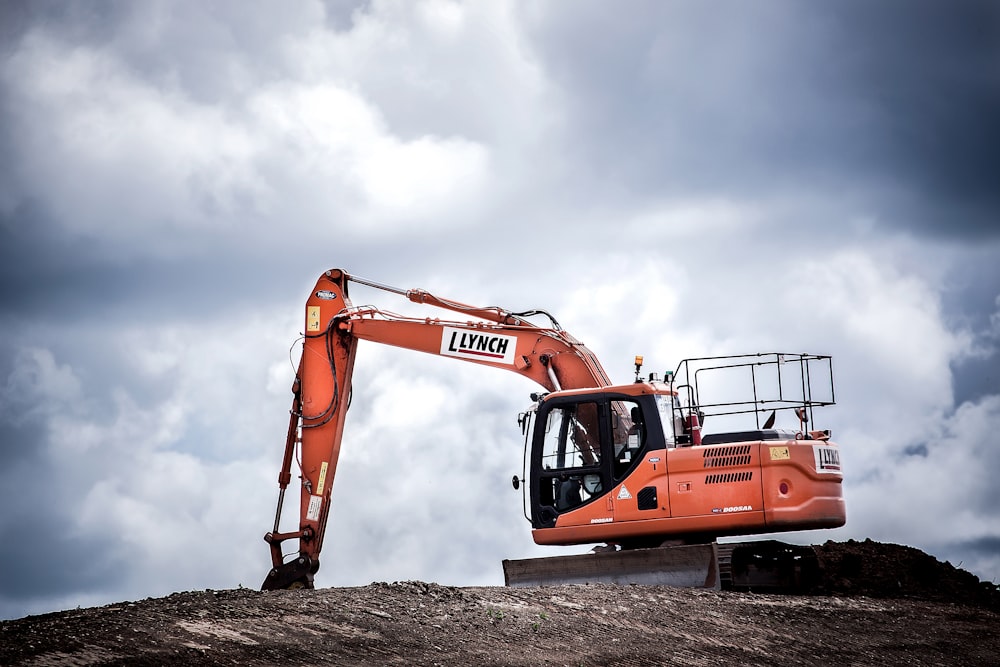Understanding the Landscape of Construction Disputes
Construction projects often encounter disputes, ranging from contractual disagreements to technical conflicts. In such cases, navigating through these disputes efficiently becomes imperative for project success. However, traditional litigation can be time-consuming and costly, prompting the exploration of alternative solutions.
Exploring Alternative Dispute Resolution Methods
Alternative Dispute Resolution (ADR) methods offer viable alternatives to traditional litigation, presenting a range of options for resolving construction disputes. These methods include arbitration, mediation, negotiation, and adjudication. Each method has its own unique characteristics, advantages, and considerations, providing flexibility in tailoring the approach to the specific needs of the dispute.
Arbitration: A Formal Alternative
Arbitration involves presenting the dispute before a neutral arbitrator or panel, who renders a binding decision. It offers a more streamlined and efficient process compared to litigation, with flexibility in scheduling and procedure. Arbitration proceedings are typically confidential and less adversarial, making it an attractive option for parties seeking a quicker resolution while avoiding the formalities of court proceedings.
Mediation: Facilitating Constructive Dialogue
Mediation involves a neutral mediator facilitating discussions between the parties to reach a mutually acceptable resolution. Unlike arbitration, the mediator does not impose a decision but instead helps the parties explore their interests and find common ground. Mediation promotes open communication, collaboration, and creative problem-solving, often leading to more sustainable and amicable outcomes.
Negotiation: Direct Engagement for Resolution
Negotiation is a more informal process where the parties directly engage with each other to reach a settlement. It allows for flexibility and autonomy in crafting agreements tailored to the specific needs and interests of the parties involved. Negotiation can occur at any stage of the dispute, from the initial stages of disagreement to post-construction completion, offering a versatile approach to resolving disputes.
Adjudication: Swift Interim Relief
Adjudication involves appointing an adjudicator to make interim decisions on specific issues in dispute. It is particularly useful for resolving time-sensitive matters that require immediate attention to prevent project delays or disruptions. Adjudication decisions are binding, providing a mechanism for resolving disputes swiftly while maintaining project momentum.
Benefits of Alternative Solutions in Construction Disputes
Alternative dispute resolution methods offer several benefits for parties involved in construction disputes. These include greater efficiency, cost-effectiveness, flexibility, and confidentiality compared to traditional litigation. By avoiding protracted court proceedings, parties can preserve valuable time and resources while maintaining working relationships critical for project success.
Challenges and Considerations
While alternative dispute resolution methods offer many advantages, they are not without challenges and considerations. Parties must carefully assess the suitability of each method based on the nature and complexity of the dispute, the desired outcome, and the dynamics between the parties involved. Additionally, ensuring compliance with contractual requirements and procedural rules is essential for the enforceability of any resolution reached through ADR.
The Role of Legal Counsel
Legal counsel plays a crucial role in guiding parties through the alternative dispute resolution process. Experienced construction lawyers can provide valuable advice, advocacy, and representation to ensure that the parties’ interests are protected and that any agreements reached are fair, reasonable, and enforceable. Legal counsel can also assist in drafting clear and comprehensive dispute resolution clauses in construction contracts to mitigate the risk of disputes arising.
Conclusion
In navigating disputes in the construction industry, alternative solutions offer valuable alternatives to traditional litigation. By exploring methods such as arbitration, mediation, negotiation, and adjudication, parties can achieve efficient, cost-effective, and amicable resolutions while preserving valuable time and resources. With careful consideration, collaboration, and the guidance of legal counsel, construction disputes can be effectively managed, allowing projects to move forward successfully. Read more about alternative dispute resolution construction




